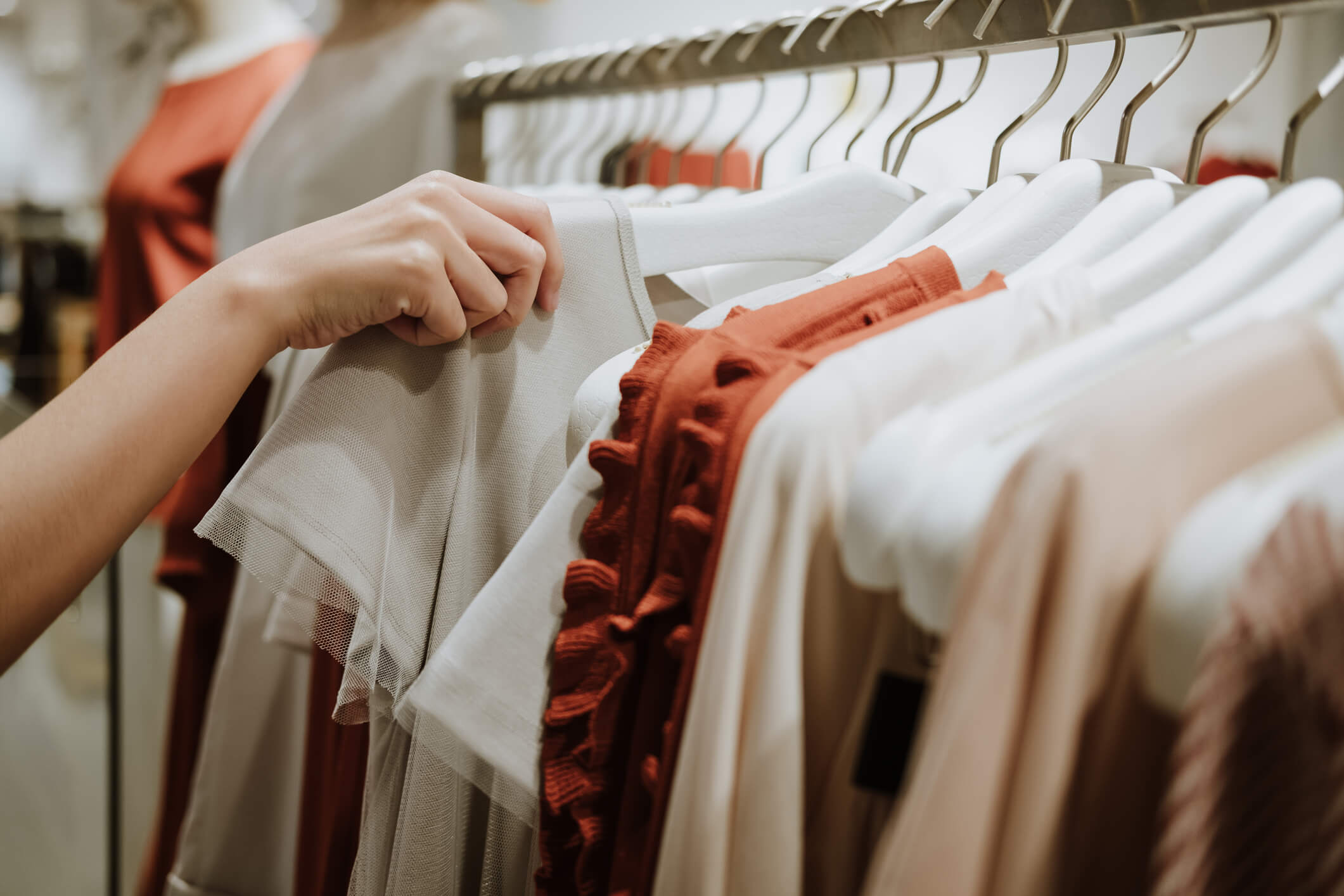Despite the economy’s growth, hundreds of retail stores and shopping centers are closing. The last two years have been disastrous for the retail industry, and it touched everyone – from small shops to large shopping centers. Moreover, more than twice as many boutique retail shops have closed this year compared to last year.
The reality is that total retail spending continues to grow steadily despite a slight slowdown. However, several trends, including the growth of e-commerce, the excess of shopping centers, and the unexpected consequences of the revival of other businesses, have led to the fact that boutique retail shops are not doing well. Fashion and boutique retail shops face several challenges. Five of them will be discussed below.
 More Interest in Online Shopping
More Interest in Online Shopping
The most common reason for the demise of retail stores is that online shopping eats retail. Between 2010 and 2016, the sales of online e-commerce companies rose from $16 billion to $80 billion. The total revenue last year was about $22 billion. So, you could say that e-commerce companies have grown double in these past six years.
But the problem of retail is much more profound. Simple return policies made online shopping cheap, light, and risk-free when selling clothes, which is currently the most prominent e-commerce category. The success of start-up e-commerce businesses forced retailers in physical stores to offer similar conditions and aims for the same convenience as found online.
Previously, people made several shopping trips before buying an expensive dress. On each trip, they probably made many other small purchases while they wandered around. But, today, many consumers can ask for and look at all the options, meaning there are fewer walks into shopping centers and fewer random shopping trips in neighboring stores.
The growth of e-commerce transfers some purchases to the online network and creates new behavioral habits. As a result, consumers gradually see the online network as a good substitute for their local shopping center.
A Shift in Spending: Retail Shops to Food
E-commerce and an overabundance of retail space are the main reasons for thousands of boutique retail stores closing. The number of clothing stores decreased as consumers spent more on travel and restaurants. Before the Great Recession, people bought many things, such as houses, furniture, cars, and clothes, and the retail trade grew dramatically in the 1990s, but much has changed. Clothing costs are declining – its share of total consumer spending in this century was reduced by 20%.
Secondly, while wage growth is significant for workers and the economy, it does not affect companies with low margins that rely on cheap retail stores. Cashiers and sellers are the country’s two largest categories of jobs, employing more than 8 million people, and the average income for both professions is less than $25,000 per year. But recently, new minimum wage laws and a tight labor market have pushed up the wages of the poorest, creating problems for retailers already under pressure from the e-commerce industry.
Consumerism
In the modern world, consumers hold great power. Fashion and boutique retailers are forced to be updated on the needs and wants of the customer. The boutique’s retailers are pressured to offer similar e-commerce services, and it isn’t easy to fulfill them with profit. The most common problem with fashion and boutique retail shops is that the customers demand a wide variety of new products, which is not always possible.
Brand Name is Impacted
The brand’s name will be affected if the supply chain department fails to deliver or fulfill its services. Most retailers and fashion brands involve a long and sensitive supply chain. Many factors can impact the brand’s name and quality. For example, if the items are out of stock, people will go to another store.
Sustainability
Famous fashion brands display their sustainability and responsibility. These famous brands need to be seen implementing a sustainability strategy to improve their products’ quality. If the name of a brand is related to any negativity, it will be badly impacted. Customers know how fashion and boutique retail shops operate, and the brand should never compromise on these, which is a challenge.
 About Complete Controller® – America’s Bookkeeping Experts Complete Controller is the Nation’s Leader in virtual bookkeeping, providing service to businesses and households alike. Utilizing Complete Controller’s technology, clients gain access to a cloud platform where their QuickBooks™️ file, critical financial documents, and back-office tools are hosted in an efficient SSO environment. Complete Controller’s team of certified US-based accounting professionals provide bookkeeping, record storage, performance reporting, and controller services including training, cash-flow management, budgeting and forecasting, process and controls advisement, and bill-pay. With flat-rate service plans, Complete Controller is the most cost-effective expert accounting solution for business, family-office, trusts, and households of any size or complexity.
About Complete Controller® – America’s Bookkeeping Experts Complete Controller is the Nation’s Leader in virtual bookkeeping, providing service to businesses and households alike. Utilizing Complete Controller’s technology, clients gain access to a cloud platform where their QuickBooks™️ file, critical financial documents, and back-office tools are hosted in an efficient SSO environment. Complete Controller’s team of certified US-based accounting professionals provide bookkeeping, record storage, performance reporting, and controller services including training, cash-flow management, budgeting and forecasting, process and controls advisement, and bill-pay. With flat-rate service plans, Complete Controller is the most cost-effective expert accounting solution for business, family-office, trusts, and households of any size or complexity.



